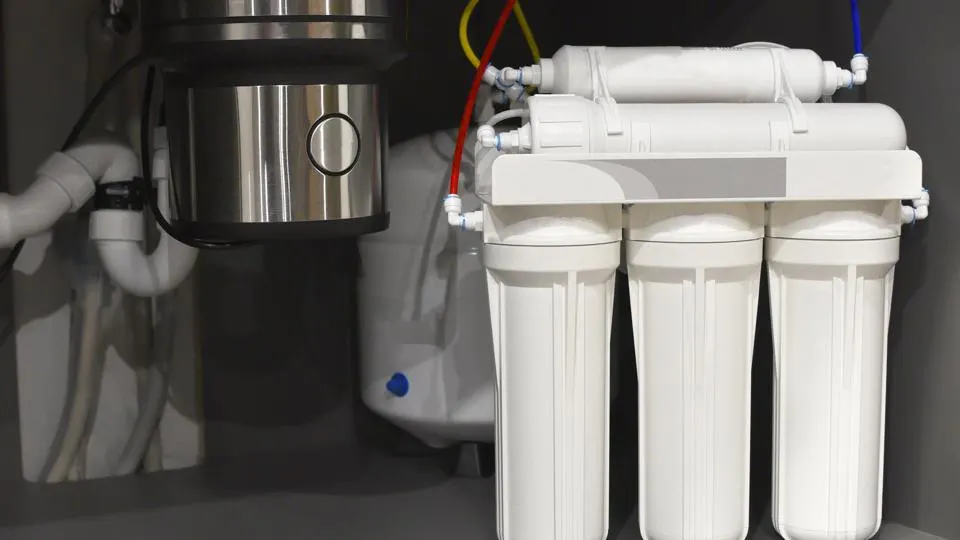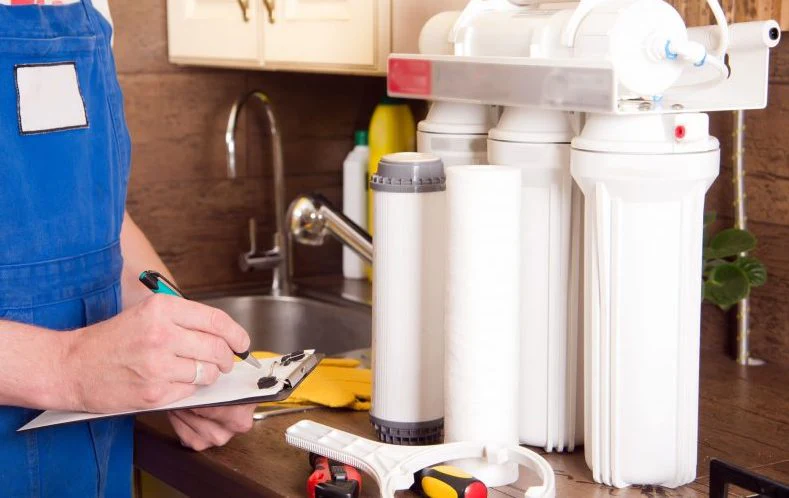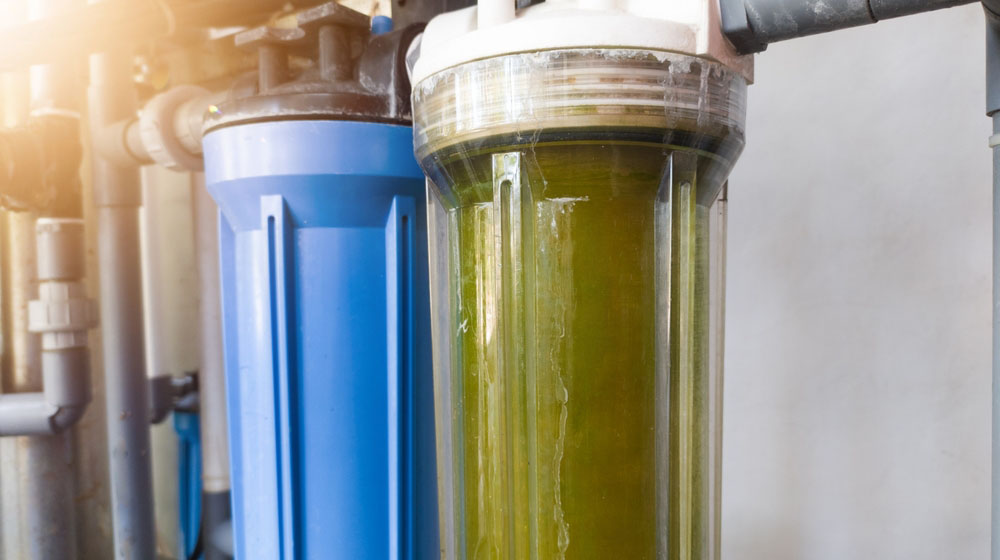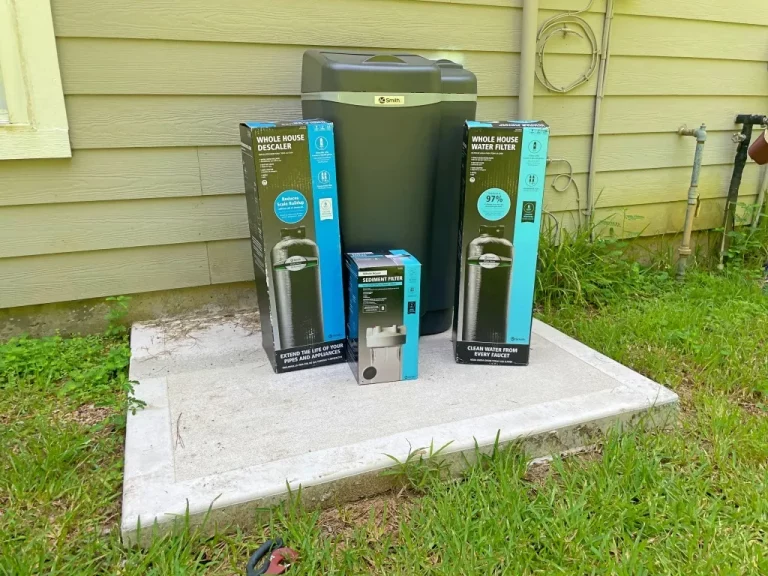Ensuring the purity of the water we drink and use daily is paramount for our health and well-being. With numerous pollutants threatening to compromise the quality of our tap water, upgrading your home water filtration system has never been more significant.
This guide will explore the why’s and how’s of enhancing your current system, diving into some less-known facts and innovative approaches.
Understanding Water Contamination
Before upgrading your filtration system, it’s crucial to understand the potential contaminants lurking in your tap water. These can range from sediment and heavy metals to bacteria and microplastics, each requiring specific filtration techniques for removal. Recognizing the types of contaminants specific to your area can help in tailoring the perfect filtration solution for your home.
Among the myriad of contaminants, PFAS in water (perfluoroalkyl and polyfluoroalkyl substances) represent a significant concern due to their persistence and potential health risks. Understanding the impact of PFAS and ways to reduce exposure is crucial for ensuring the safety of your drinking water.
Latest Trends in Water Filtration Technology
 Water filtration technology is ever-evolving, with recent advances offering higher efficiency and effectiveness in removing contaminants. Innovations such as nano-filtration and bio-filtration have introduced new possibilities for achieving superior water purity. Exploring these modern technologies can be a game-changer in upgrading your home water filtration system.
Water filtration technology is ever-evolving, with recent advances offering higher efficiency and effectiveness in removing contaminants. Innovations such as nano-filtration and bio-filtration have introduced new possibilities for achieving superior water purity. Exploring these modern technologies can be a game-changer in upgrading your home water filtration system.
DIY vs. Professional Installation
When it comes to upgrading your water filtration system, deciding between a DIY approach and hiring professionals can be challenging. While DIY upgrades can be cost-effective and rewarding, certain complex installations and technologies may benefit from professional expertise to ensure optimal performance and safety.
The Anatomy of a Water Filtration System
At the heart of every efficient home water filtration system are several critical components, each playing a vital role in purifying water.
These include sediment filters, carbon filters, reverse osmosis units, and UV light purifiers. Understanding how these components work together can help you determine which upgrades will most effectively enhance your system’s efficiency and water quality.
Maximizing Your System’s Efficiency
 Optimizing the efficiency of your water filtration system not only ensures the highest quality of water but can also extend the lifespan of your system components.
Optimizing the efficiency of your water filtration system not only ensures the highest quality of water but can also extend the lifespan of your system components.
Regular maintenance, timely filter replacements, and system audits are critical practices. Additionally, incorporating water softeners can further protect your system and home appliances from the damaging effects of hard water.
Environmental Impact of Water Filtration
One often overlooked aspect of home water filtration is its environmental footprint. Upgrading to a more efficient system or integrating eco-friendly technologies can significantly reduce water waste and decrease reliance on bottled water, thus lessening the overall environmental impact. Understanding and addressing these factors is essential for environmentally conscious homeowners.
Choosing the Right System for Your Home
Selecting the proper water filtration system for your home is a decision that should be made based on your specific water quality needs, household size, and budget.
Consulting with water quality experts can provide valuable insight into the most suitable system configurations that would best suit your home’s requirements.
Health Benefits of Upgraded Water Filtration
 Upgraded water filtration systems can significantly enhance your overall health by removing harmful contaminants and bacteria from your drinking water.
Upgraded water filtration systems can significantly enhance your overall health by removing harmful contaminants and bacteria from your drinking water.
This can lead to improved digestion, better skin condition, and a decreased risk of waterborne diseases. Investing in a quality water filtration system is a step towards a healthier lifestyle for you and your family.
The Importance of Regular Monitoring
Lastly, it’s vital to regularly monitor your water filtration system’s performance. Implementing a schedule for checking and replacing filters, testing water quality, and reviewing the system’s overall functionality can prevent potential issues before they arise. Being proactive about your water filtration system’s maintenance is key to enjoying consistently pure and safe water.
Upgrading your home water filtration system is an investment in your health, comfort, and the environment. By staying informed on the latest in water filtration technology and best practices for maintenance and efficiency, you can ensure that your system provides the highest quality water possible. Remember, the right upgrade not only improves the purity of your water but also contributes to a more sustainable future.

